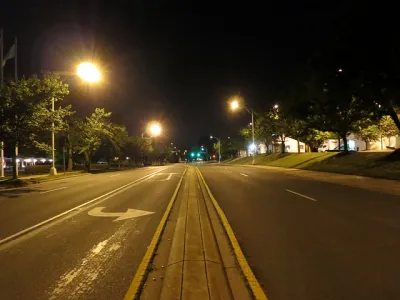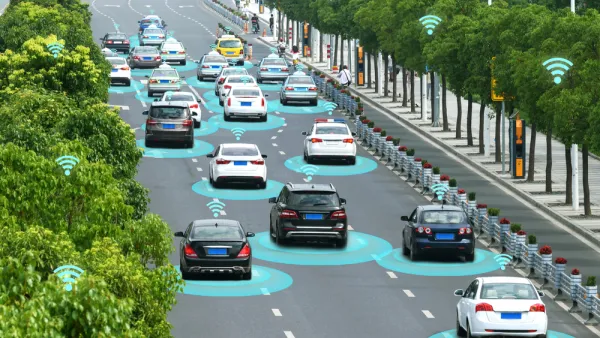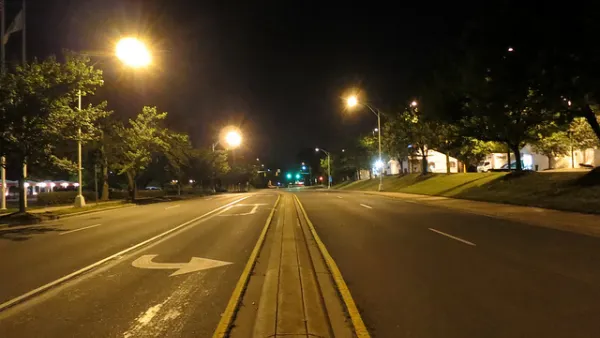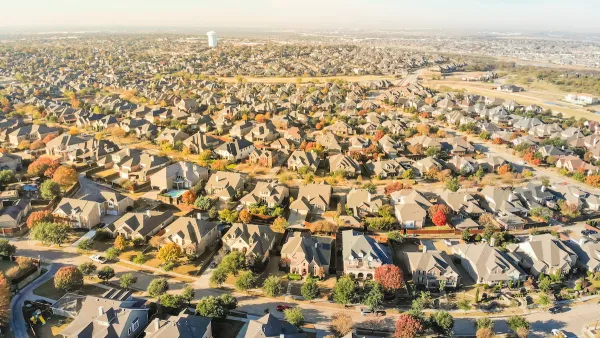For the Charlotte Observer, Ely Portillo reports on a forum calling for urbanist reforms and doubts whether auto-loving residents will be receptive.

Like most of the United States, Charlotte, North Carolina relies heavily on auto infrastructure. This may not change soon: "Despite some of the steps Charlotte has taken toward a 'little asphalt' mindset – think reducing the number of East Boulevard lanes, the streetcar, the Blue Line extension and more bike lanes – this remains largely a car town."
Author Ely Portillo writes, "I have family in southeast Charlotte, a 30-minute drive from where I live, and if widening Independence Boulevard would cut that time even five minutes, well, that sounds pretty attractive to me – even if it's not a long-term solution to sprawl." Residents are used to free parking, and concerns about traffic lessen the attraction of policies like complete streets and traffic calming.
Reasons in favor of more 'little asphalt' in Charlotte apply across the country:
- Increased interest in urban life among (some, not all) Millennials and empty-nest Boomers.
- Sprawl and car-heavy infrastructure degrades the environment on a number of levels.
- Grids of smaller roads may reduce traffic by diverting it, rather than relying on one or two clogged arterials.
FULL STORY: Can Charlotte overcome its love of roads?

Analysis: Cybertruck Fatality Rate Far Exceeds That of Ford Pinto
The Tesla Cybertruck was recalled seven times last year.

National Parks Layoffs Will Cause Communities to Lose Billions
Thousands of essential park workers were laid off this week, just before the busy spring break season.

Retro-silient?: America’s First “Eco-burb,” The Woodlands Turns 50
A master-planned community north of Houston offers lessons on green infrastructure and resilient design, but falls short of its founder’s lofty affordability and walkability goals.

Test News Post 1
This is a summary

Analysis: Cybertruck Fatality Rate Far Exceeds That of Ford Pinto
The Tesla Cybertruck was recalled seven times last year.

Test News Headline 46
Test for the image on the front page.
Urban Design for Planners 1: Software Tools
This six-course series explores essential urban design concepts using open source software and equips planners with the tools they need to participate fully in the urban design process.
Planning for Universal Design
Learn the tools for implementing Universal Design in planning regulations.
EMC Planning Group, Inc.
Planetizen
Planetizen
Mpact (formerly Rail~Volution)
Great Falls Development Authority, Inc.
HUDs Office of Policy Development and Research
NYU Wagner Graduate School of Public Service




























